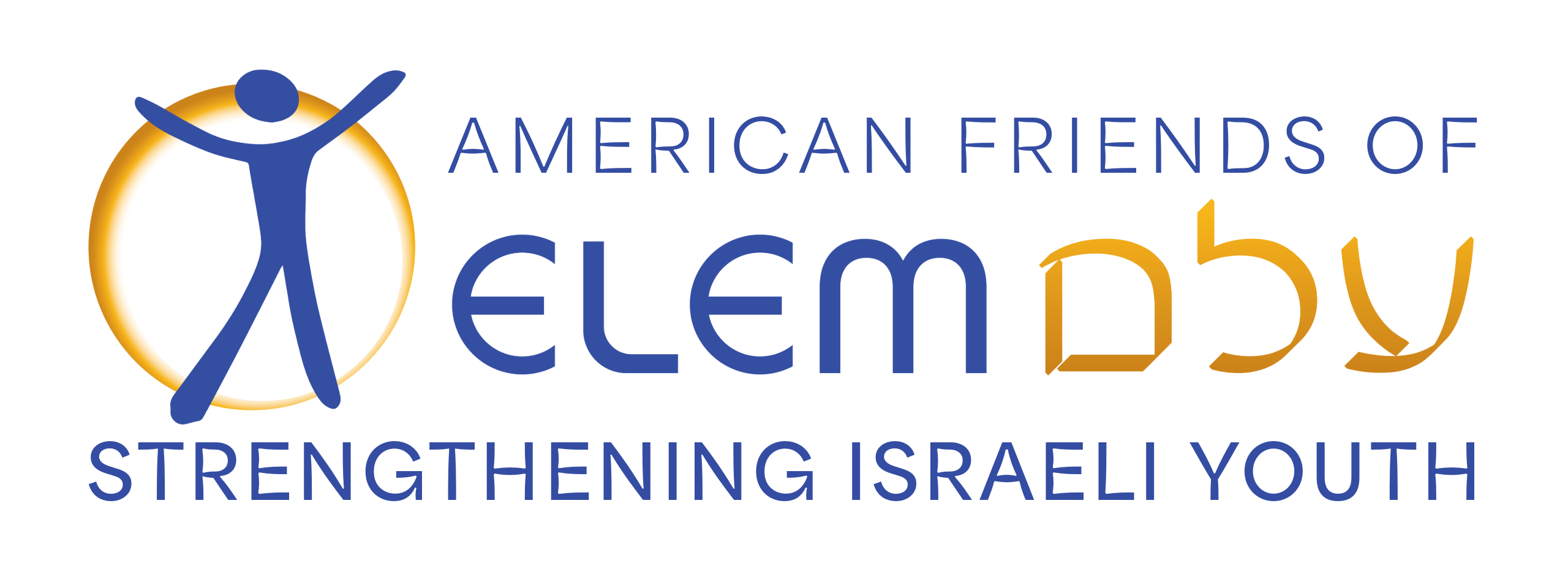We all struggle to acknowledge and face the reality of sexual violence. The tendency is to repress, minimize, and deny these horrific and inconceivable events. But the brutality of the terror attacks by Hamas on October 7 forced all of us to confront the cruel reality of sexual violence. The fact that the sexual violence on October 7 was part of a broader and shocking attack on the state, Israeli society, and the Jewish people has mobilized Israeli society to fight for recognition of the cruelty of these assaults in the face of global silence.
This widespread mobilization is a rare phenomenon, compared to other incidents of sexual violence. In most instance, a case of sexual assault is not met with widespared consensus. Typically, the recognition of the assault, and the nature of the response to the perpetrator, are influenced by the perpetrator’s identity: social, religious, or political affiliation, which often gives solidarity and a protective ‘Iron Dome’ to the perpetrator. The assaults of October 7th were committed by brutal and unrestrained terrorists, as part of a broader attack, which significantly influenced the consensual manner in which Israeli society responded to these assaults: with rage and a demand for justice and vengeance.
Yet even in this rare moment of societal consensus, there is still an invisible demographic within the realm of sexual violence—men who were assaulted at the Nova Festival, in the kibbutzim, and among the hostages. The fact that male victims are an invisible population within the world of sexual trauma stems from many and varied reasons, which we cannot detail fully here, but we will mention the main ones.
When a man experiences sexual violence, he faces a dual system of silencing—external and internal. First, men who experience sexual assault often struggle to recognize that the event they endured constitutes sexual violence. Frequently, they minimize or dismiss the traumatic significance of the assault using phrases like, ‘A man always wants it,’ ‘It was just a game,’ ‘That’s how it is with us guys,’ and so on.”
We often view men as immune to harassment or sexual violence. The prevailing perception is that unwanted sexual interactions are almost nonexistent in men’s lives, and even if they occur, the damage they cause will be minimal, if at all.”
Additionally, for a man, acknowledging that he has experienced sexual violence constitutes a sense of gender failure. Despite clear data showing that many men—1 in 6— experience sexual assault, and even statistics indicating that in certain societies, boys are more likely than girls to experience sexual violence in childhood and adolescence, society tells men that they are protected, resilient, and not vulnerable to the threat of sexual assault. On the contrary, since most assaults are perpetrated by men, men are often perceived as potential perpetrators rather than potential victims in conversations around sexual violence and assault.
These beliefs are not a result of an intentional gender conspiracy, but from the deep societal need for a sense of security and protection—and we place the responsibility for fulfilling this societal need on men. In my work with teenagers, I often do an exercise where I ask them to write down the Ten Commandments for a boy—what are the ten greatest expectations from parents, friends, and girlfriends? The vast majority of the boys will write the following two sentences on this list: ‘Be strong; protect your environment (and yourself).’
Many parents feel a great responsibility, either consciously or unconsciously, to instill normative masculine characteristics in their sons: to raise them to be strong, to survive the world, not to break down, not to show weakness, and perhaps most importantly, to be able to endure physical pain, emotional pain, and general suffering in order to protect their family and the state.
In direct and profound contrast to these expectations is the automatic trauma response: fight, flight, or freeze—responses that are not influenced by the gender identity of the person being attacked. The most common trauma response to a sexual assault is flight or freeze; not to fight. A man who flees or freezes during an assault may often feel that he has failed in his role as a man to protect others, and no less importantly, to protect himself.
Many victims describe the moment of freezing in unbearably harsh words: ‘He did to me whatever he wanted.’ For many men, this moment is experienced as one where the perpetrator stripped them of the right to be considered a man. The perpetrator destroyed their masculinity, which they had learned to identify with their strength and ability to protect themselves and those around them. For example, a religious man who experienced an assault turned to a Halachic question: ‘After what he did to me, can I still make Kiddush for my family? Am I still counted for the minyan?’
All of these are true for any sexual assault, but in the horrific assaults of October 7 and since then, male victims face an additional and significant barrier: the return of the centrality of the ‘warrior man’. In the current times, many of us men (myself included) have been called up for long stints of reserve duty in combat roles, returning to the primal male role of defending the tribe. Men who have experienced sexual violence often feel even more strongly that, in contrast to the broad recognition of male post-trauma due to fighting and participating in battles, society struggles to accept and recognize trauma due to sexual assault against men. In a time when we rely on male courage and combativeness, it is hard to acknowledge the fact that we men might be vulnerable and experience sexual exploitation. Recognizing this fact shatters the strong societal need to rely on stable and strong masculinity. Even today, while we understand that our bodies and minds as men may be harmed in war, it is still hard for us to accept that our bodies and minds may be harmed sexually.
To date, there are several testimonies of sexual assault that men endured on October 7, but there is almost no discourse or widespread recognition of it. Even in our various programs at ELEM, whether in social and therapeutic groups or on our ‘Orshina in the City’ public drop-in initiative,, we hear how difficult it is for boys and young men to talk about sexual assault they experienced—especially during this period. These men, who for years have been accustomed to putting their needs aside for the sake of others; who have learned to erase their emotional suffering, say: ‘This is not the time to deal with what I went through, because what is that compared to what happened on October 7? What is that compared to the war?’
Many of these men report a decline in their general mental state, sinking into depression, difficulty getting out of bed and the house, and a worsening of the symptoms and emotional suffering they have already experienced for years. They continue to carry the pain of the assault, often hiding it even from their closest ones.
It is time to talk about it, now more than ever. Precisely because of this unique complexity, Dalet’s brave and inspiring choice to expose the severe assaults he endured, and to speak about things that often have no words and no one dares to express, is deserving of immense respect. In making this choice, Dalet gives a voice and words to hundreds of thousands of victims who, even today, in a time when the word ‘trauma’ has become a common term, feel enormous fear and dread at the thought of bringing to light the sexual assaults they have endured.
Especially during this period, our society must take the next step and recognize the fact that many men among us are silently and deeply struggling with mental and physical pain that has no words.
At the Orshina Center and at ELEM, we have made it our goal to change the discourse and send a clear message to every man or woman who has experienced sexual assault: Do not stay with this alone, we are here to help you reach recognition, justice, and healing.
Ori Sherman is the Director of the Orshina Center, ELEM’s social-therapeutic space for boys aged 15-25 who have experienced sexual assault. He is a social activist, therapist, lecturer, facilitator and experienced instructor in the field of sexual trauma treatment. Sherman formerly served as director of the Rape Crisis Center hotline for religious men.
ELEM is Israel’s leading nonprofit dedicated to treating and transforming the lives of at-risk youth. Support ELEM’s work with over 13,000 youth annually at elem.org/donate.



